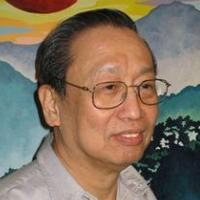DENPASAR Indonesia -- After 20 years in exile, José María Síson was arrested in Utrecht, Holland, Aug. 28 and charged with ordering the murder of two dissidents of the outlawed Communist Party of the Philippines (CPP). Although he now calls himself a "consultant" to Asia's oldest rebel movement, Síson is widely perceived to be the leader of the CPP and its armed wing, the New People's Army (NPA), both of which he founded nearly 40 years ago. His arrest has given rise to a whirlwind of opinions, with some experts stating that it could be a severe blow to the insurgency that has claimed over 40,000 lives. However, scrutiny of the rebellion's history and root causes shows that Síson's arrest is likely to have only minor repercussions.
Arrest of Philippines Communist Leader Won’t Quell Asia’s Oldest Rebel Movement

